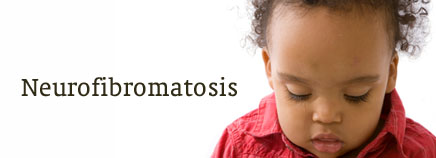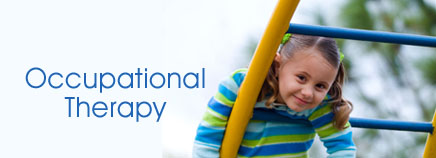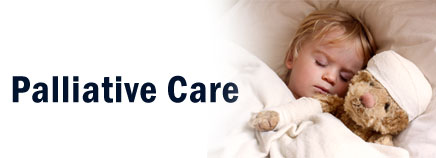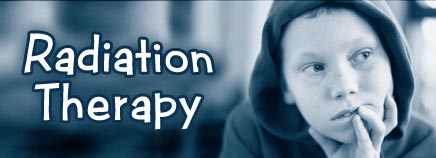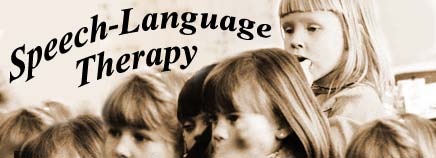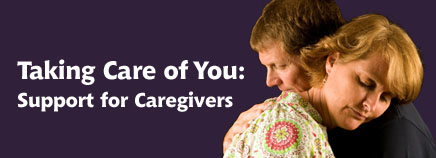About Neurocutaneous Syndromes Neurocutaneous syndromes are disorders that lead to growth of tumors in various parts of the body. They’re caused by the abnormal development of cells in an embryo and characterized by the tumors in various parts of the body (including the nervous system) and by certain differences in …
Neurofibromatosis
About Neurofibromatosis Neurofibromatosis (NF) is a neurocutaneous syndrome that can affect many parts of the body, including the brain, spinal cord, nerves, skin, and other body systems. NF can cause growth of non-cancerous (benign) tumors involving the nerves and brain. NF can range from mild to severe. Some children live …
Occupational Therapy
Occupational therapy (OT) treatment focuses on helping people with a physical, sensory, or cognitive disability be as independent as possible in all areas of their lives. OT can help kids with various needs improve their cognitive, physical, sensory, and motor skills and enhance their self-esteem and sense of accomplishment. Some …
Palliative Care
When a child is diagnosed with a serious or life-threatening condition, everything changes. Parents must not only face the difficult realization that their child is ill and may be suffering, but also struggle with the task of providing intense, complex, and ongoing medical care. Palliative (pronounced pal-lee-ay-tiv or pal-yah-tiv) care …
Physical Therapy
Physical Therapy Basics Doctors often recommend physical therapy (PT) for kids and teens who have been injured or who have movement problems from an illness, disease, or disability. After an injury, physical therapists work to decrease pain, improve movement, and help kids return to daily activities. They teach kids exercises …
Radiation Therapy
If you’ve seen a dentist or been treated for a broken bone, you’ve experienced radiation firsthand. In everyday life, radiation in the form of X-rays is used to create images of areas of the body that doctors can’t see, such as the inside of a tooth or the interior of …
Speech-Language Therapy
In a recent parent-teacher conference, maybe the teacher expressed concern that your child could have a problem with certain speech or language skills. Or perhaps while talking to your child, you noticed an occasional stutter. Could your child have a problem? And if so, what should you do? It’s wise …
Spina Bifida
Spina bifida is a birth defect that happens when a baby’s backbone (spine) does not form normally. As a result, the spinal cord and the nerves that branch out of it may be damaged. The term spina bifida comes from Latin and literally means “split” or “open” spine. This defect …
Support for Parents of Kids With Special Needs
When most parents think of the juggling act involved in raising a family, they think of coordinating soccer games with ballet practice and grocery shopping. But if you’re a parent of a child who is sick or has special needs, your schedule likely involves doctor’s visits, therapy sessions, and waiting …
Taking Care of You: Support for Caregivers
If your child has a serious illness, the caretaking that falls to you is undoubtedly intense. But of course you do it willingly. After all, you’d do anything for your child, including switching places in a minute if only that were possible. Instead you give all that you can, in …


